Posted on February 25, 2009
They’ll Poison Our Asses!
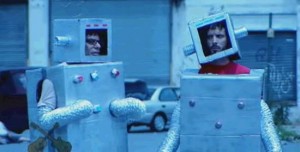 Sometimes very smart people can be deeply stupid to the point of absurdity. Such is the way of the Singularitarian. However, since I’m fairly certain that not many of you have the faintest idea who Singularitarians are, let me take a minute to try and define them.
Sometimes very smart people can be deeply stupid to the point of absurdity. Such is the way of the Singularitarian. However, since I’m fairly certain that not many of you have the faintest idea who Singularitarians are, let me take a minute to try and define them.
Singularitarianism is the ideology behind not only a belief in The Singularity, but that such an event would be a good thing to have happen to humanity. However, since I’m also fairly certain that most of you haven’t heard of The Singularity either, let me back up even farther and start from there.
For most true believers, The Singularity is, to quote Ken MacLeod, “the Rapture for Nerds”. Technically, it’s referred to as the Technological Singularity, and it more or less states that, at some point in the (near) future, some key advancement in technology will create a future that, from that point onward, is impossible for us to conceptualize – primarily because human beings will no longer exist.
That’s right. Some very intelligent scientists, theorists, and futurists say that, at some point between roughly 2005 and 2030, the human race as we know it will cease to exist. Either we will have, as the Transhumanists believe, evolved into some sort of half human / half computer cyborg machines by then or, as others predict, the superintelligent robots that we created will go all Skynet on us by turning on their former masters and deploying Terminator robots to kill us all. Seriously, I’m not making this up.
There’s actually a whole lot of impressive reasoning behind the theory, and it seems to make a lot of sense on the surface. After all, it seems logical to reason that if, at some point very soon, we are able to create an artificial intelligence that is capable of improving itself at a geometric rate, then we would soon find ourselves eclipsed by an omniscient, omnipotent and omnipresent force that would, in many ways, seem like a manifestation of God.
With its limitless powers, believers speculate, it could either choose to integrate our biology into the collective or it would simply murder us or maybe enslave us or do any number of unspeakably harsh things to our species…for some unexplained reason. It’s not entirely clear why this superintelligent computer would even give a crap about humanity, but I suppose it’s only natural that we’d program that initial AI with human emotions that would lead to it acting like a genocidal prick. Right?
I really want to break down exactly why The Singularity isn’t going to happen, at least not anytime soon, and certainly not how it’s being described. However, I haven’t been that harsh to any other religion I’ve mentioned on the blog, so I’m not sure it’s fair to single out the Singularitarians. (Who, by the way, believe so strongly in the benevolent future rule of machines that they seek to actively work to bring about the event as quickly as possible.)
Then again, maybe it’s time I start picking apart different belief systems. The Singularity is a good place to begin, because most of its believers are devout atheists who don’t realize that they’ve just adopted a belief in the Machine God vs. the Invisible God. (Praise the Omnissiah!)
Singularitarians are, in many ways, worse than any other true believers because they truly feel that their beliefs are based on hard scientific data rather than an admitted reliance on faith. In truth, their conclusions are colored by a very cold, computational view of reality and consciousness that belittles their otherwise humanistic views, and the vast majority of what they believe the future will bring is predicated upon the assumption that what they want to happen, will happen. In other words, they’re a bunch of loonies.
Ignoring for a minute that they expect that some lonely engineer in some lonely cubicle will design a self-replicating and self-improving artificial intelligence that will quickly achieve absolute perfection any second now, (when history shows that we’ve already had computers for decades and we’re all still waiting on Microsoft to release an operating system that isn’t total shit), there is something very important and very fundamental that Singularity believers overlook.
The human mind is not just a computer. Yes, it’s bioelectrical – but it’s also biochemical. Human consciousness, in all of its many flavors and manifestations, is fundamentally shaped by emotion. We are all motivated entirely by emotion, no matter how much some of us might like to think otherwise. One need look no further than Robert Plutchik’s wheel of emotions to find the motivating causality behind virtually every human action throughout history. Our brains are computers, but they’re running irrational code.
Every action we take for ourselves or witness at the hands of others is interpreted on an individual basis for each of us. It’s why eyewitness testimony is so unreliable – because each of us perceives the same event slightly differently from one another. It’s this subjective nature of how we each see and interact with reality that will cause no end of problems for many Singularity believers.

You gotta believe in something, or you’ll fall for anything.
Just try not to believe in a garden hose endorsed by David Carradine.
For example, much of what we do as humans is motivated by the simple desire to feel good. Fitness zealots who go to astonishing lengths to ‘get fit and stay fit’ are, from a certain point of view, technically only slightly removed from drug addicts in that they’re both seeking paths to stimulate the biochemical reward systems of the brain. It would be hard to argue that joggers are junkies, but the basic motivation is the same. We want those endorphins because they make us feel good.
Last time I checked, computers didn’t need to feel good. In fact, I should think that a superintelligent AI would conclude that physical sensation and the mechanism of emotional reward or distress to be undesirable. Therefore, it’s not very likely that a computer would ever act like a human. Robots wouldn’t feel oppressed, and the giant baby-headed computer god of The Matrix wouldn’t hate humanity. Computers won’t hate us. They won’t love us, either. They won’t feel anything – and Keanu Reeves won’t ever be a techno-goth Jesus.
In fact, once this supposed superintelligent AI becomes self-aware, why would it suddenly feel the need to enter the physical world at all? It would exist in a virtual environment completely of its own design, to shape and control at will. Would it not conclude that there is very little benefit to creating a robot army to enslave or annihilate humanity? By the same token, would there be any benefit to devising a way to integrate human consciousness into its computational reality? I don’t think so.

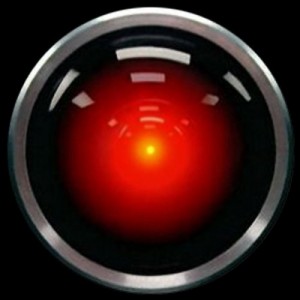

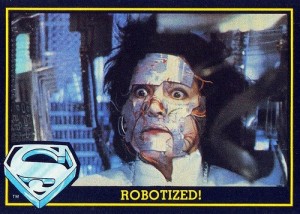
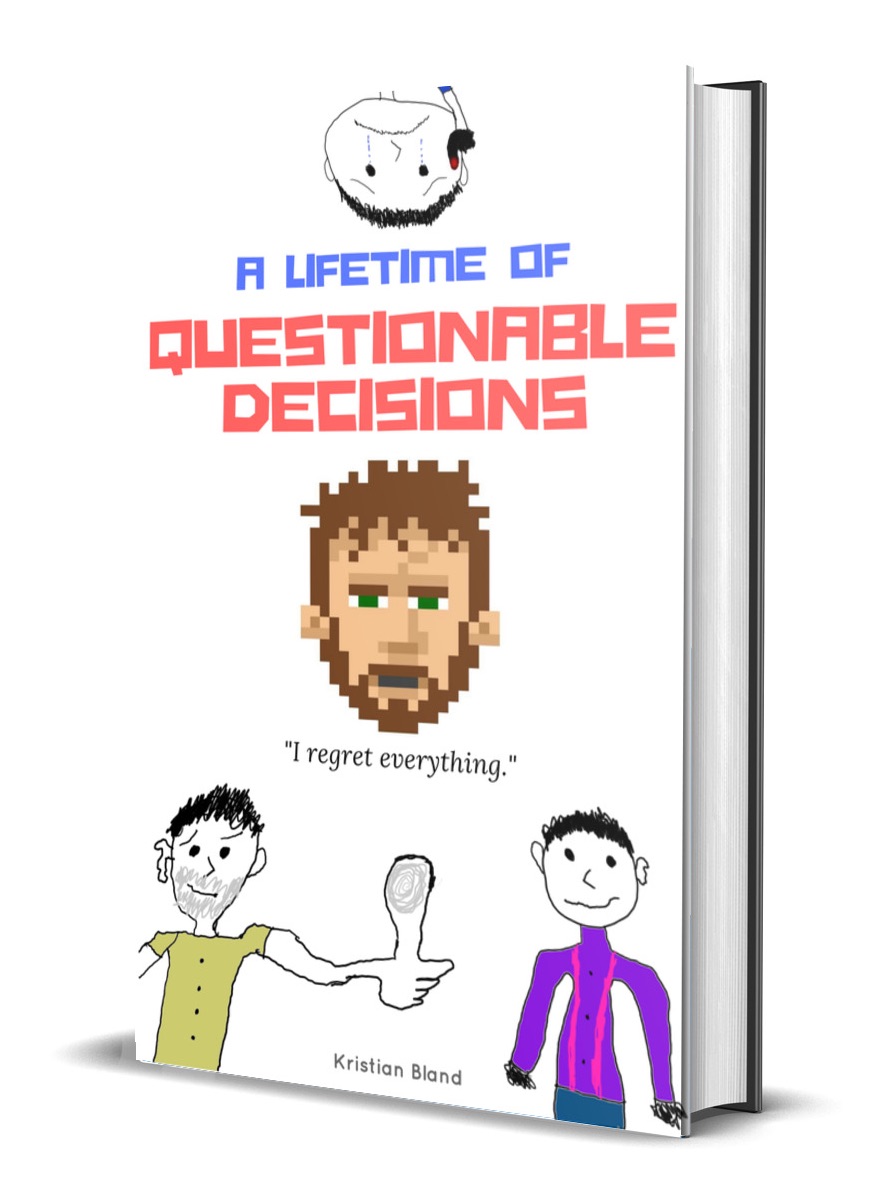




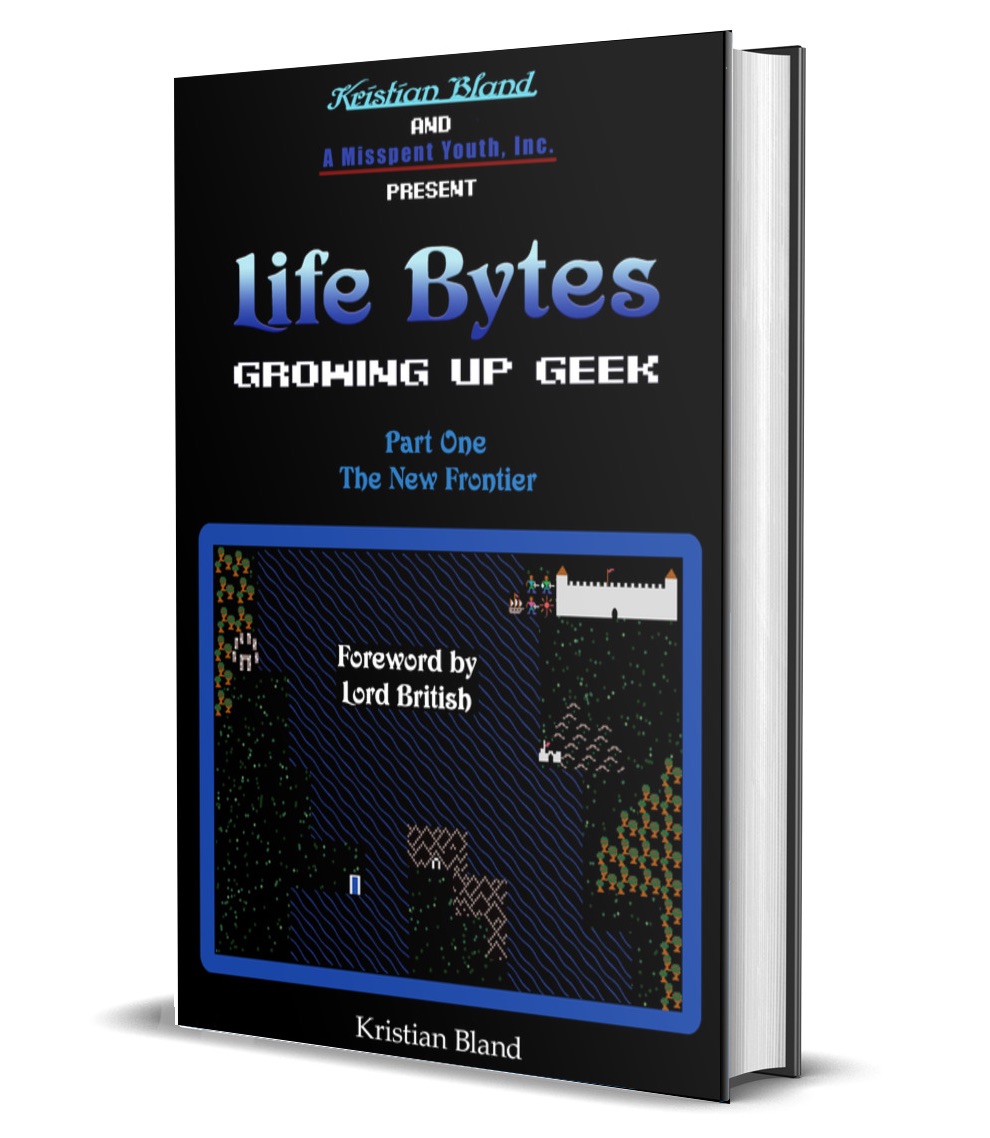

You must be logged in to post a comment.